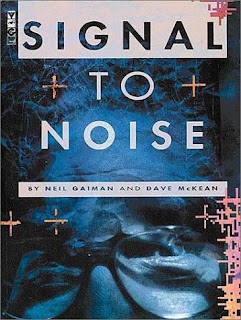Russell Brand has only been used well in one other film -- Forgetting Sarah Marshall, in which he also played dissipated Brit-rocker Aldous Snow. There's a bizarre, endearing, obscene, profane chemistry between Hill and Brand that makes me wish they'd do another movie with writer-director Nicholas Stoller and Aldous Snow-creator Jason Segel. Even Sean Combs is hilarious. And Aldous Snow's songs are hilariously catchy. Highly recommended.
Altman (2014): written by Len Blum; directed by Ron Mann: Excellent, too-short documentary from Canadian Ron Mann on the life and times of Top Ten All-Time director Robert Altman (1925 –2006). The iconoclastic Altman spent about 20 years in TV and B-movies before his film version of M.A.S.H. made him an 'overnight' success.
Even when ha had access to major-studio money in the first decade after M.A.S.H., Altman was fiercely iconoclastic and eccentric in his film choices. Losing studio money after 1980 or so didn't finish him -- instead, he directed on the stage, came up with an innovative TV show, and eventually came back 'into the fold' (sort of) with popular and critical hit The Player. His movies are his testament; this documentary does a nice job of looking at the man, and the affection so many actors had for probably the greatest actor's director of all time. Recommended.






























